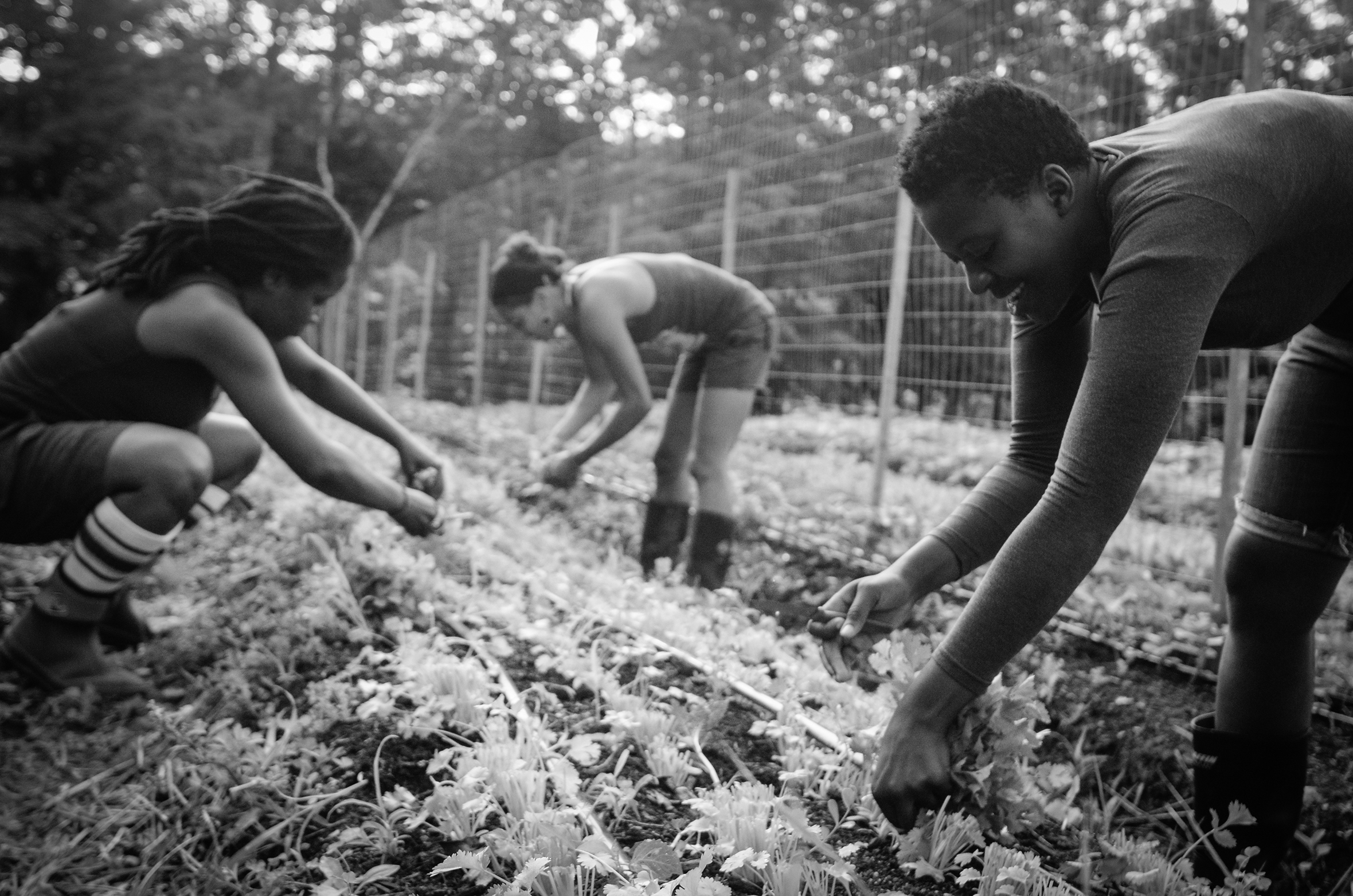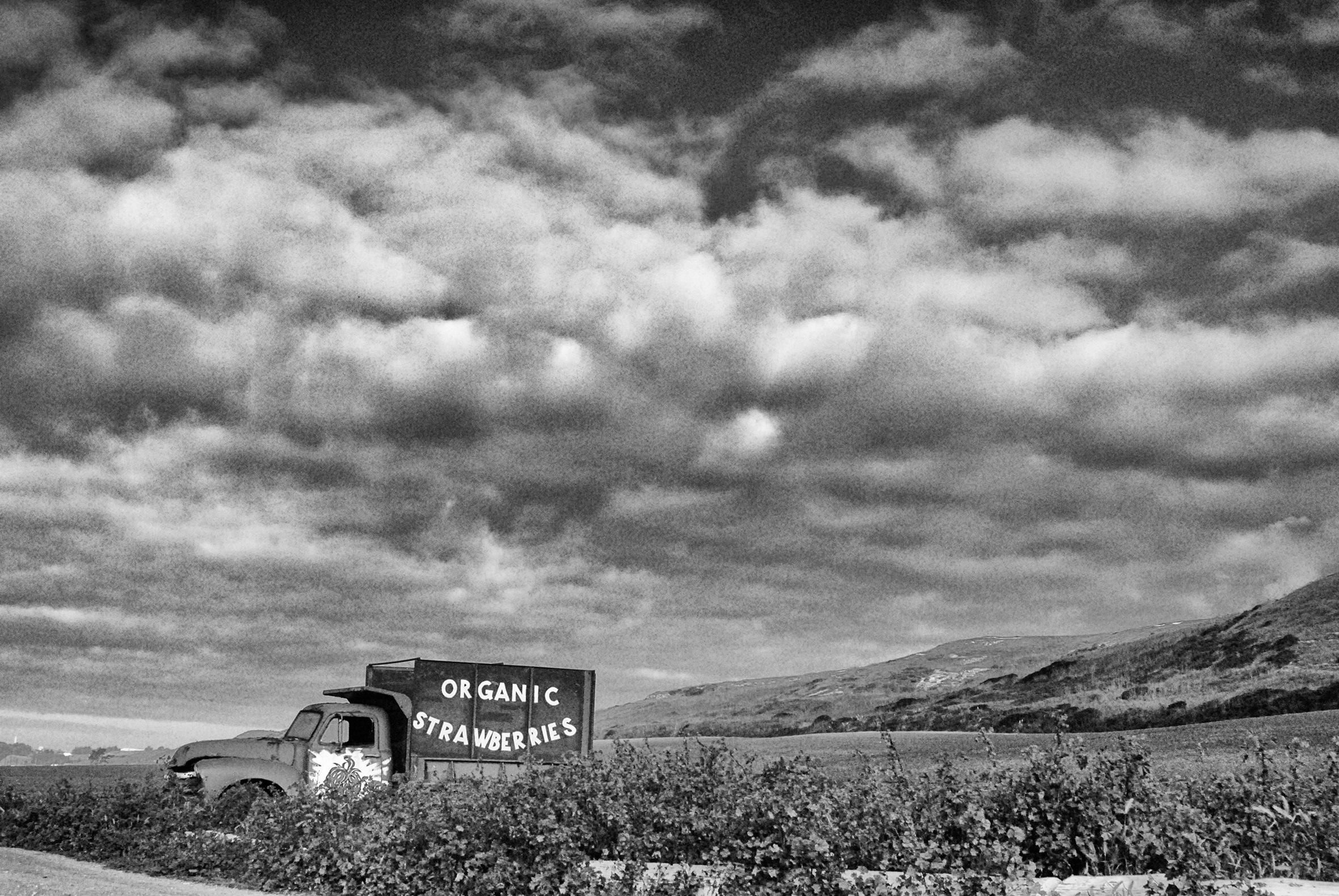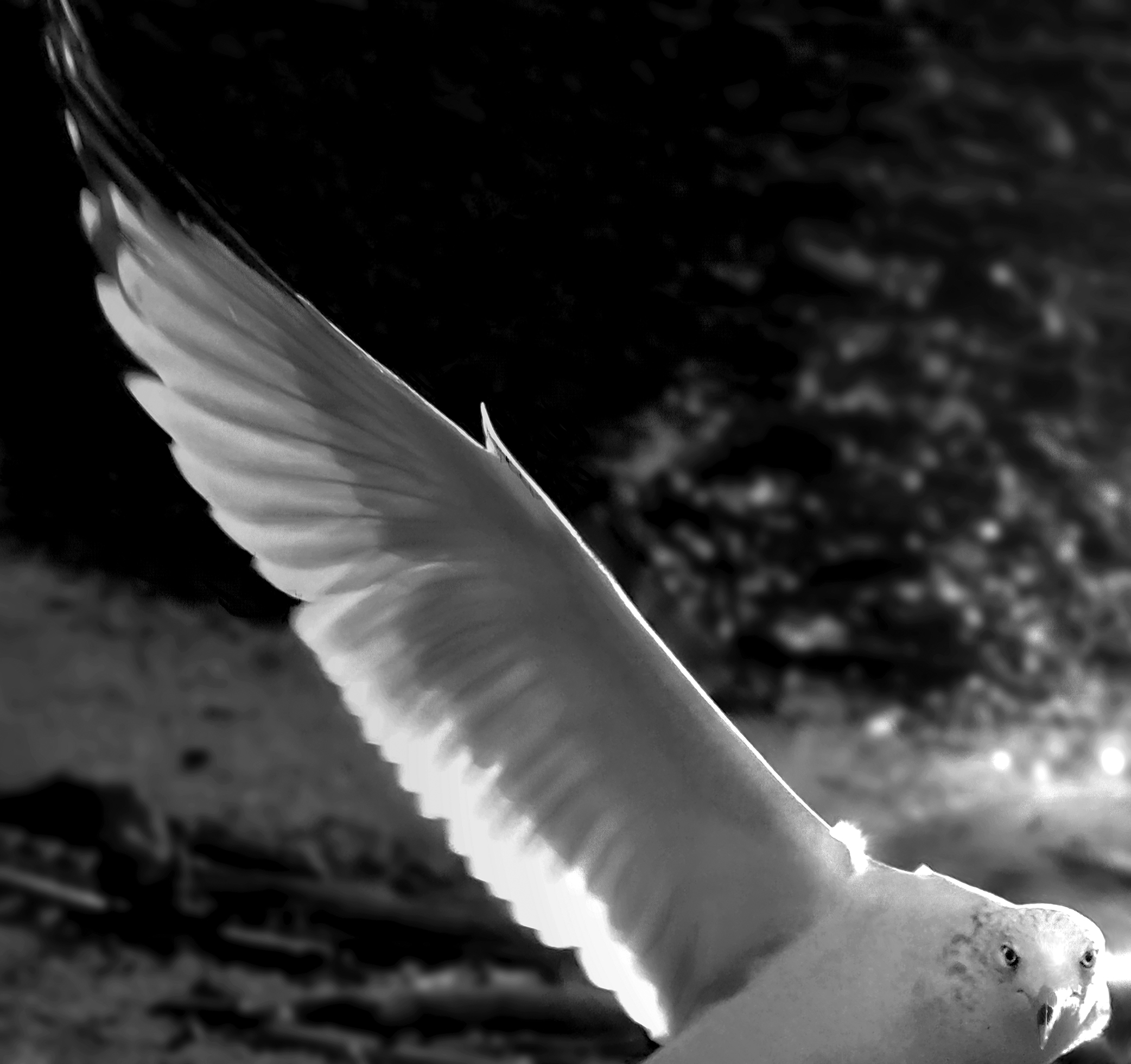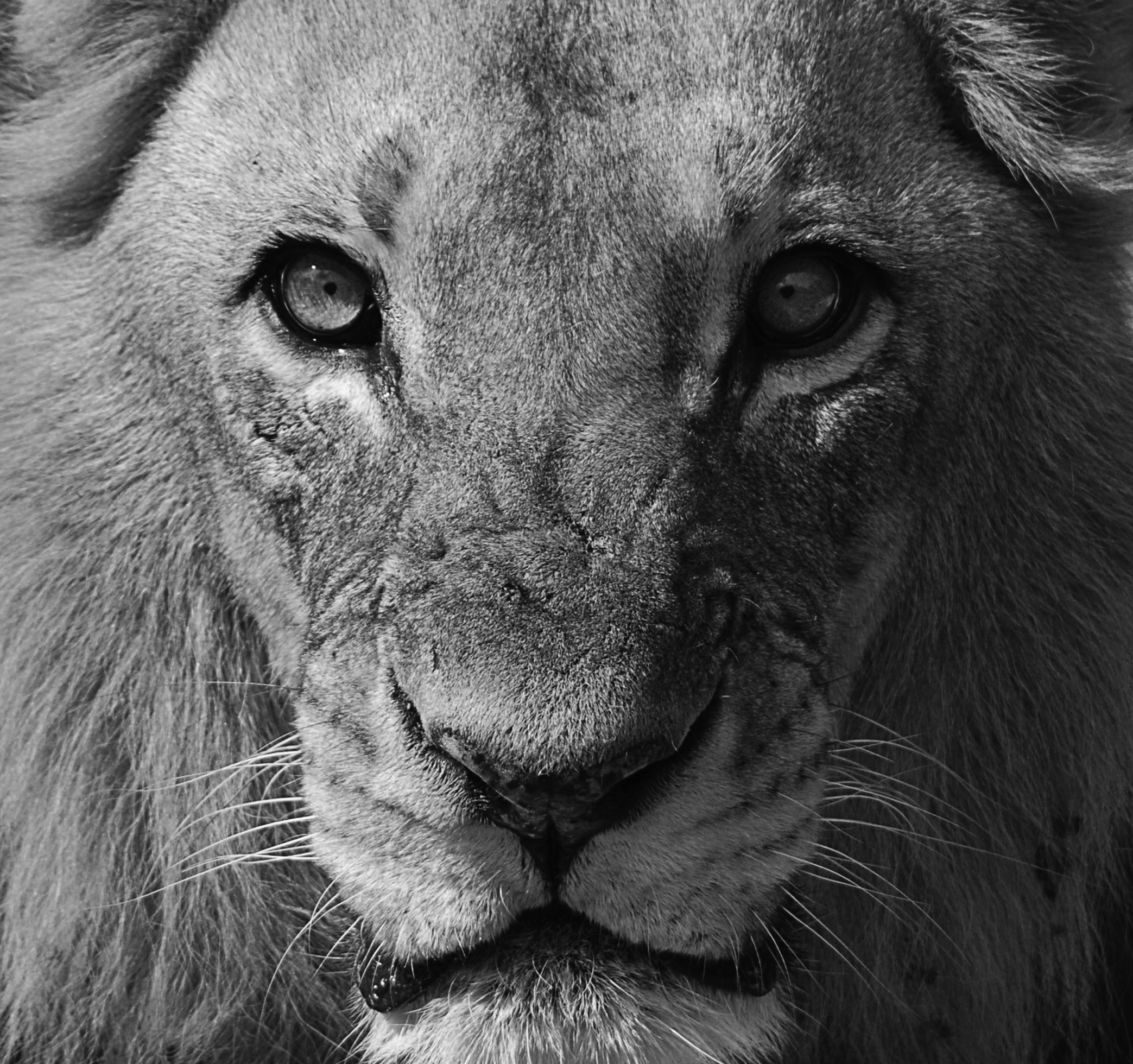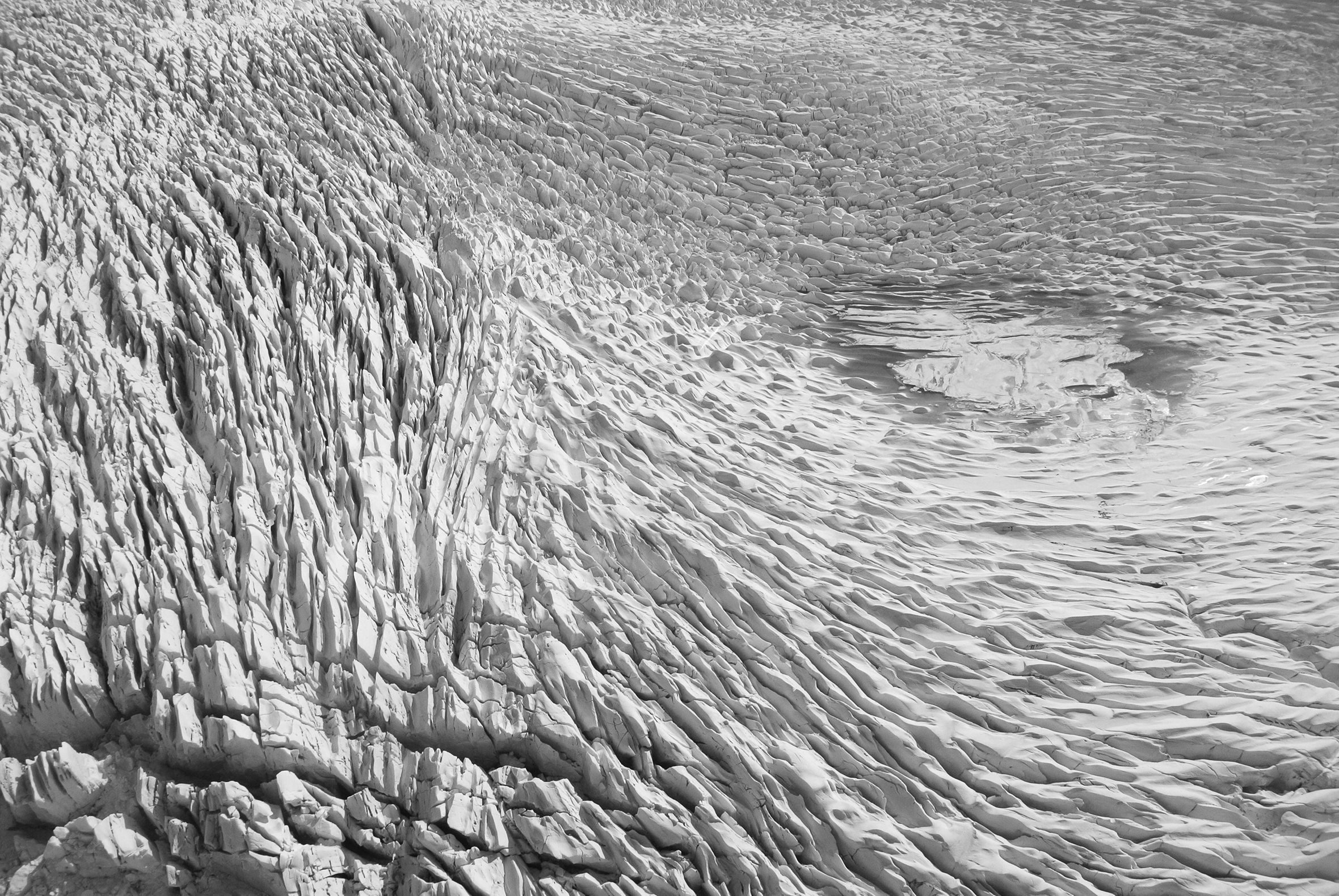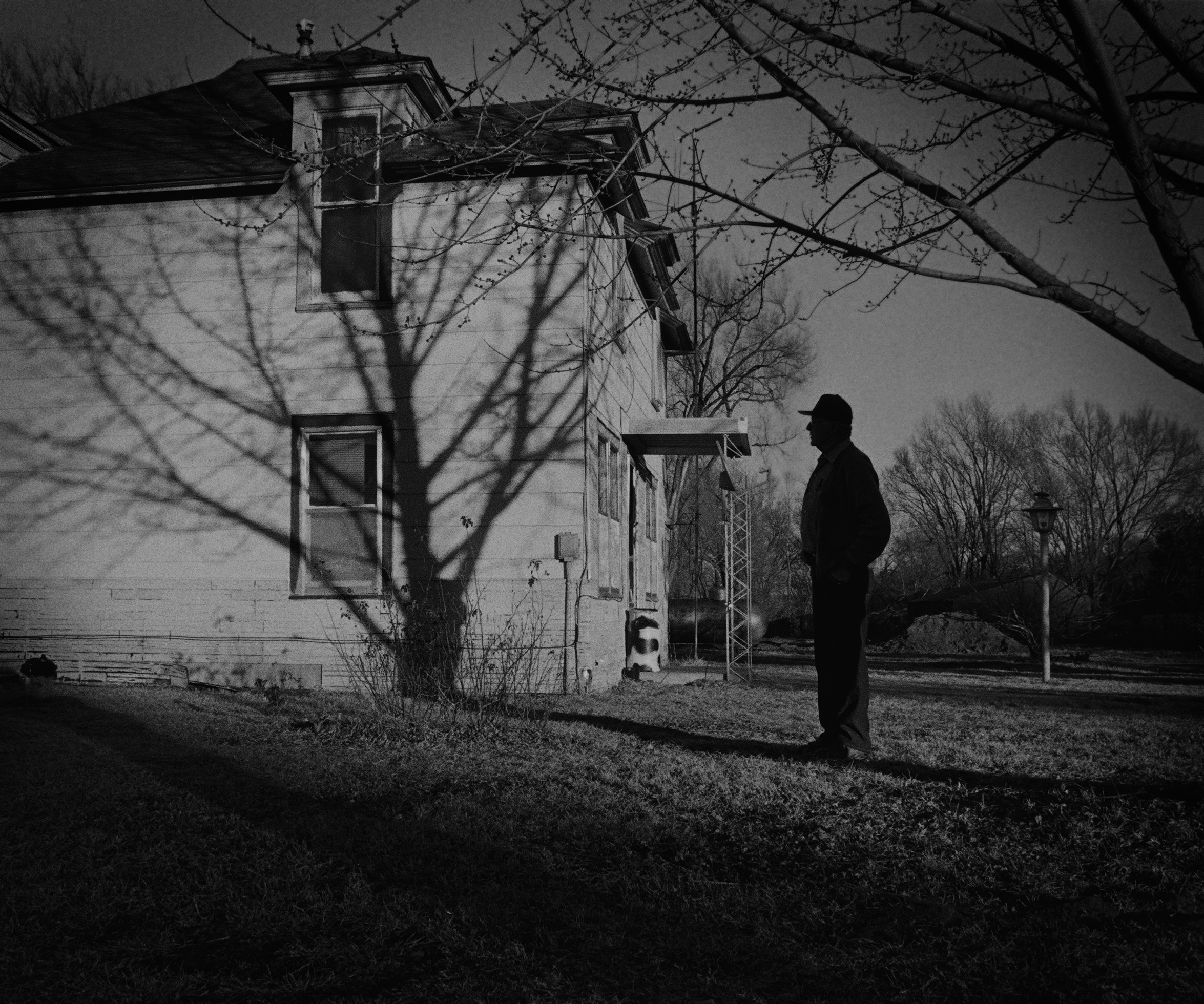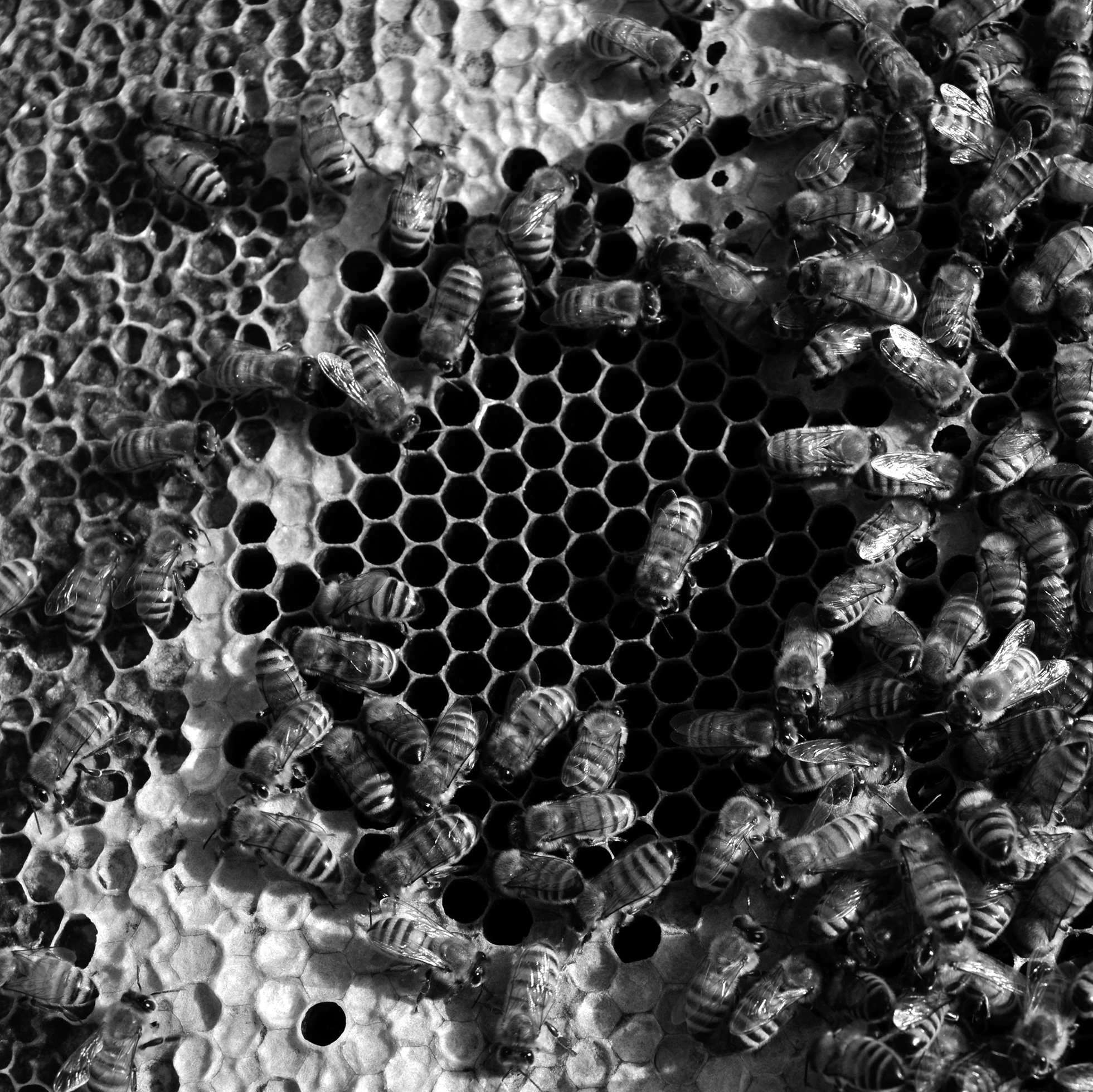Browse Topics
Agriculture
To Free Ourselves, We Must Feed Ourselves
Leah Penniman On Bringing People Of Color Back To The Land
We have food apartheid, a system of segregation that relegates certain people to food abundance and others to food scarcity. If you’re a black child in America, you are twice as likely to go to bed hungry tonight as a white child.
July 2019July 2019
Featuring Carolyn Raffensperger, Michael Ableman, Malidoma Somé, and more.
July 2019Sunbeams
July 2019The first supermarket supposedly appeared on the American landscape in 1946. That is not very long ago. Until then, where was all the food? Dear folks, the food was in homes, gardens, local fields, and forests. It was near kitchens, near tables, near bedsides. It was in the pantry, the cellar, the backyard.
In The Body That Once Was Mine
There are many ways of not knowing, not seeing, and there are equally many ways of knowing, of coming to know deep in your body, embodying knowledge the way my ancestors embodied culture, the way the earth embodies language and spiritual belief and insult. Or maybe what I want to say is that it takes many ways of knowing to overcome your brain’s many refusals. To admit you know a thing like cancer resides — is seizing control — inside your body.
January 2017Sunbeams
August 2016What do you see when you look at an animal? A kindred spirit, a creature much like you; but possibly, the very next moment, a beast, a stranger, just an animal. Animals are like those pictures that we see as one thing and then another; the duck that suddenly becomes a rabbit; the wineglass that’s also an old woman in profile. Now the pig is a fellow creature, like Wilbur in Charlotte’s Web. Now he’s pork.
Signs Of Intelligent Life
Carl Safina’s Evidence That Other Animals Think And Feel
And each year we kill for food billions of animals we raise as prisoners and whose lives are often more terrible than their deaths. Even if we do continue eating animals, we could do much better by them and raise them more humanely. The way people treat animals affects the way they treat people: if you brutalize animals, you are probably hardhearted toward humans, too.
August 2016The Skeleton Gets Up And Walks
Craig Childs On How The World Is Always Ending
We think of apocalypse as a moment — a flash of light, then you’re gone — but if we study the earth’s history, we find that it’s not one moment. It’s actually a long process. In fact, it’s hard to see where it begins or ends. Like right now: evidence indicates that we’re experiencing the planet’s sixth mass extinction — a period when the rate of extinction spikes and the diversity and abundance of life decrease. Each such extinction event takes hundreds of thousands of years to play out, and it’s generally 5 to 8 million years before the previous levels of biodiversity return. So are we at the end or the beginning of a cycle? This could just be a temporary spike. The pattern could swerve in a different direction.
June 2016The Last Harvest
During the months when my parents’ dream of owning a farm died, I became a sleepwalker, and Dad became ever more diligent about hygiene. He shaved twice a day: once before the sun rose and again just before sleep. He kept his steel-toed work boots dirt-free, the leather mink-oiled, the laces neatly double knotted.
January 2014Some Thoughts On Mercy
Among the more concrete ramifications of this corruption of the imagination is that when the police suspect a black man or boy of having a gun, he becomes murderable: Murderable despite having earned advanced degrees or bought a cute house or written a couple of books of poetry. Murderable whether he’s an unarmed adult or a child riding a bike in the opposite direction. Murderable in the doorways of our houses.
July 2013